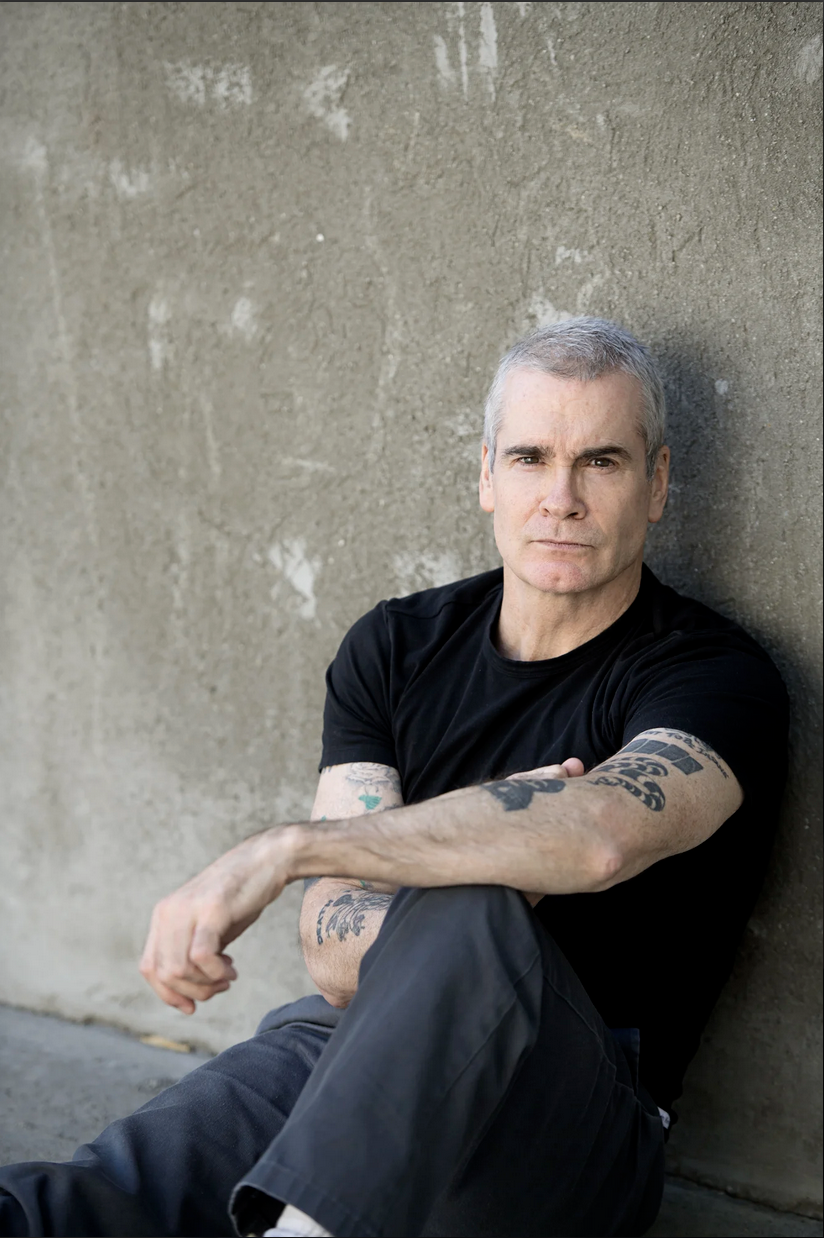Attending the A.N. Smith lecture in Journalism at Melbourne University last night, Fairfax Media Chief executive and General Manager Greg Hywood outlined the digital media strategy for Fairfax in a "post-classified ad" revenue present and of course, future. Apart from the oh-so humble reminders that the Age and Sydney Morning Herald embraced the internet long before their competitors, his subtle investor pitch demonstrating the media convergence that Fairfax employs to derive its revenue was finally indicative of a media ecological approach to journalism and content communication across a mass yet still fragmented (in terms of point of access) audience. Print in the morning, smartphones on the go and accessing the web during the day, etc.
Mr. Hywood made a salient point in terms of devising a business model to ensure not only survival, but growth in quality journalism and content creation. Leaving the privileged curatorship vs. citizen engagement debate aside; he struck at the core of the problem for lumbering giants resistant to changes in their once robust classified ad "rivers of gold." The journalism, he said, was a solution to the fundamental problem of people trying to "make sense of the world around them." The media can no longer sit idle and react to changes in the consumption of their products, they must now find "solutions" in the skein of Postman and the Media Ecologists.
For example, Neil Postman only months prior to his passing remarked in a lecture that an airline wished to spend a substantial sum to improve the speed of their aeroplanes. Researchers found that they could cut at least three hours from the Los Angeles to New York trip utilizing new engine technologies. But then engineers wondered; what did passengers do with their three hour surplus of time?
Go back to their hotels and watch television.
Thus money was saved by installing televisions into the backs of their seats - the solution was much more ingenious than attempting to appeal to the abstraction of "progress." Just like News Ltd. recognizing that the medium in the afternoon was in fact the train platform and bus and tailored its message accordingly in the form of free, portable and "light" newspapers that can be read while waiting to arrive at one's destination.
Just because journalism can be uploaded and broadcast to smartphones and tablets doesn't mean it always, in every case should; if the problem is not knowing when or where rock gigs are and the solution is a weekly street press to guide you, why force change when it isn't required? Perhaps pondering this question will write the next chapter of journalism; whether in print or online or something unheard of.

